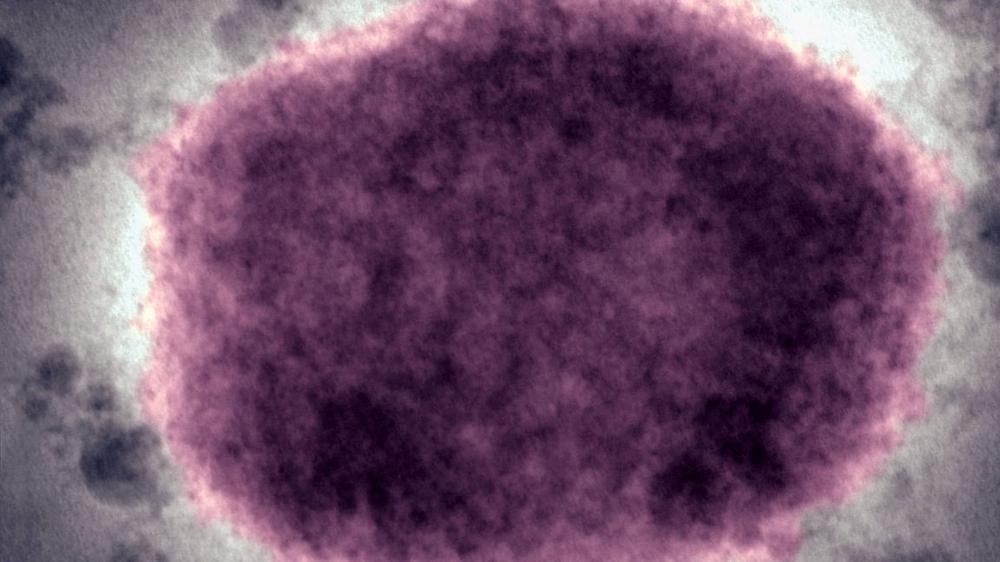Without explanation, the US Centers for Disease Control and Prevention under the Trump administration has reverted from using the disease name "mpox" to the obsolete "monkeypox," which the world abandoned in 2022 because it was seen as racist and stigmatizing.
Mpox is the name of the disease caused by Orthopoxvirus monkeypox, a relative of smallpox and cowpox that has exploded to global prominence in recent years. In 2022 and 2024, the spread of mpox caused the World Health Organization to declare international public health emergencies.
Amid the attention, health officials became acutely aware of the problematic name.
The name came about because scientists discovered the virus in captive Asian monkeys that had been shipped to Denmark from Singapore in 1958. It was assumed that monkeys were the natural hosts for the virus, but the assumption hasn't held up over time. The initial human cases were identified in the 1970s in West and Central Africa, and subsequent studies and outbreaks found that the virus can infect a broad range of animals. To date, scientists are still uncertain about what animal or animals are the natural carriers of the virus, but the evidence so far points to African rodents, particularly squirrels—not monkeys.
While the name is considered a misnomer at this point, it caused a bigger problem in practice. The term "monkey" has a long history of being used as a slur toward Black people. Further, the outbreak in 2022 was initially discovered spreading through sexual networks of men who have sex with men, which conjured the discrimination and stigma reminiscent of the early days of the HIV/AIDS pandemic. Clinicians responding to the health emergency quickly reported facing a blend of racist and homophobic vitriol.
Switching names
In November 2022, the WHO decided to change the name. The United Nations health agency noted that it had received reports from individuals and countries about the "racist and stigmatizing language online, in other settings, and in some communities." The WHO decided to switch to the name "mpox" with a one-year grace period.
The agency also clarified its authority to make such a change, saying: "Assigning names to new and, very exceptionally, to existing diseases is the responsibility of WHO under the International Classification of Diseases (ICD) and the WHO Family of International Health Related Classifications through a consultative process which includes WHO Member States."
The WHO does not, however, have the authority to change the names of viruses. That power belongs to the International Committee on Taxonomy of Viruses, which has not changed the name of the virus.
While the virus remains the same, the world has shifted to using mpox to discuss the disease. The US CDC followed suit, changing its websites and health information to use the new name.
This month, however, the CDC reverted to monkeypox. The change was first reported by NPR. When journalists have asked about the change, the Department of Health and Human Services (which includes the CDC) has responded only by saying "Monkeypox is the name of the viral disease caused by the monkeypox virus," which is not accurate.

 Alexa’s survival hinges on you buying more expensive Amazon devices
Alexa’s survival hinges on you buying more expensive Amazon devices